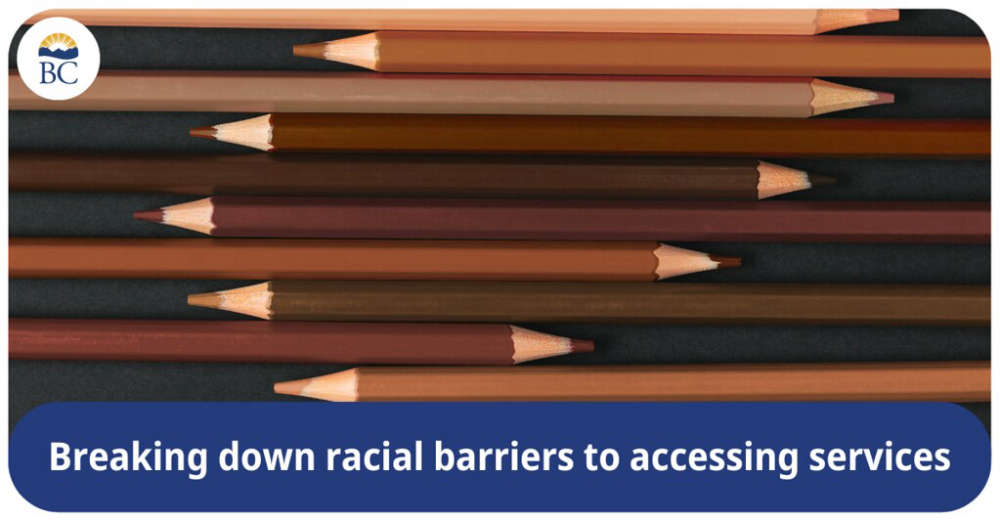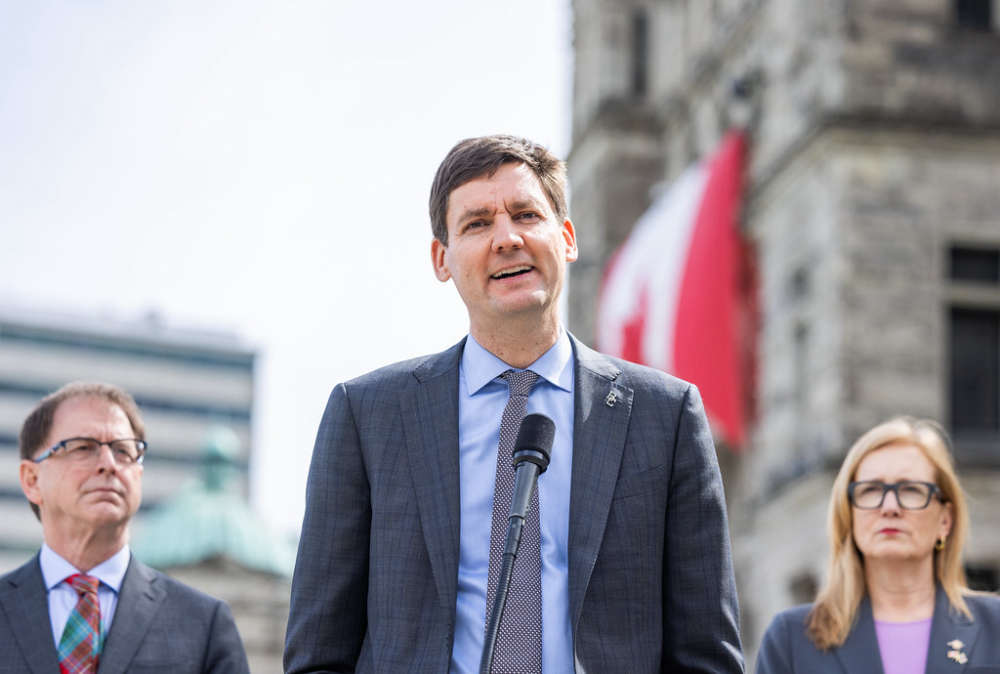
The BC government has introduced legislation aimed at removing systemic barriers for Indigenous and racialized people.
“For too long, too many people have faced racial barriers when trying to access government services, just because of their identity,” said Niki Sharma, Attorney General.
“This historic legislation is about changing the system and making sure everyone in B.C. can equitably access the programs and services they need with the safety, dignity and respect they deserve.”
Building on the 2022 Anti-Racism Data Act, the anti-racism legislation was co-developed with Indigenous and racialized communities.
It fulfils Action 3.6 of the Declaration Act Action Plan, which commits the Province to introducing anti-racism legislation that addresses Indigenous-specific racism.
It requires the Province to strengthen checks and balances in its programs and services in hospitals, schools, courts, and other public spaces.
A new anti-racism committee will draw up a whole-of-government action plan to address systemic racism. For the first time, public institutions will be required to evaluate day-to-day operations and remove policies and practices that harm Indigenous and racialized people.
It will also advance the recruitment, hiring, retention and advancement of Indigenous, Black, and racialized public servants to ensure that public sector workers in B.C. reflect the population they serve.
Under this legislation, Indigenous and racialized communities will be able to apply for grants to help identify and eliminate racism, and address its impact on people, so those most affected by institutional racism do not have to bear the financial burden of fixing the system.
To see the full release, visit Government of British Columbia.

 Increased Tipping Fees Taking Effect At CSWM Facilities
Increased Tipping Fees Taking Effect At CSWM Facilities
 Campbell River And SRD Looking To Boost Wi-Fi At Sportsplex
Campbell River And SRD Looking To Boost Wi-Fi At Sportsplex
 Higher Flows At Elk Falls Canyon
Higher Flows At Elk Falls Canyon
 BC Ends Carbon Tax Credit
BC Ends Carbon Tax Credit
 BC Ferries Commissioner Approves Four New Major Vessels
BC Ferries Commissioner Approves Four New Major Vessels
